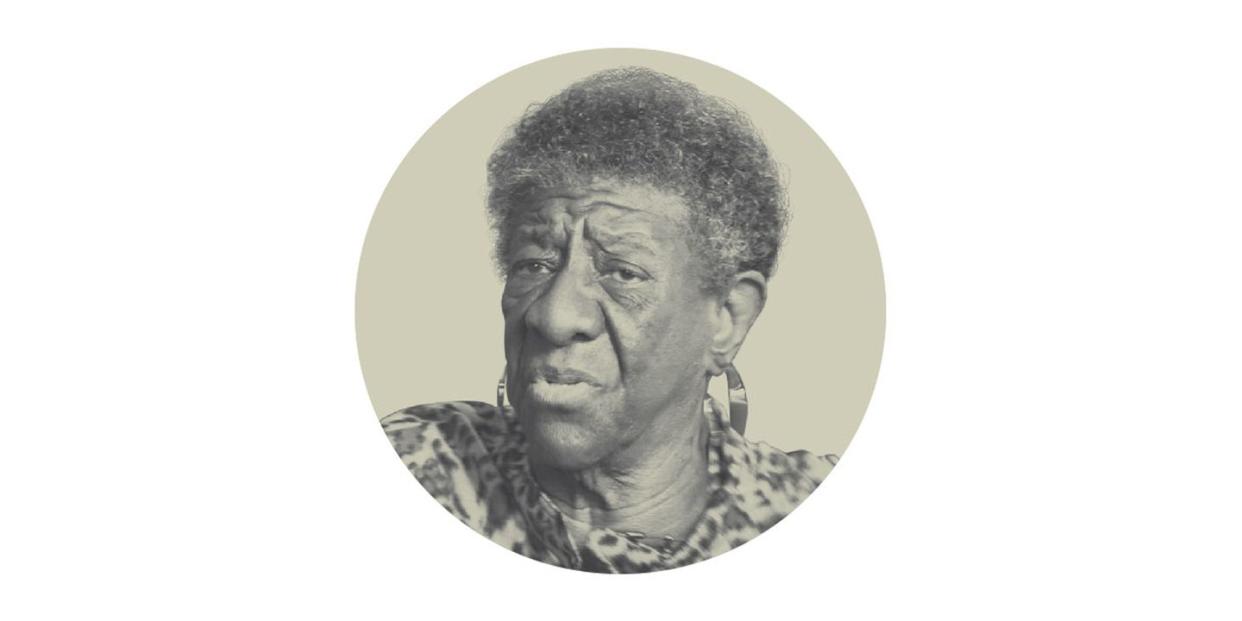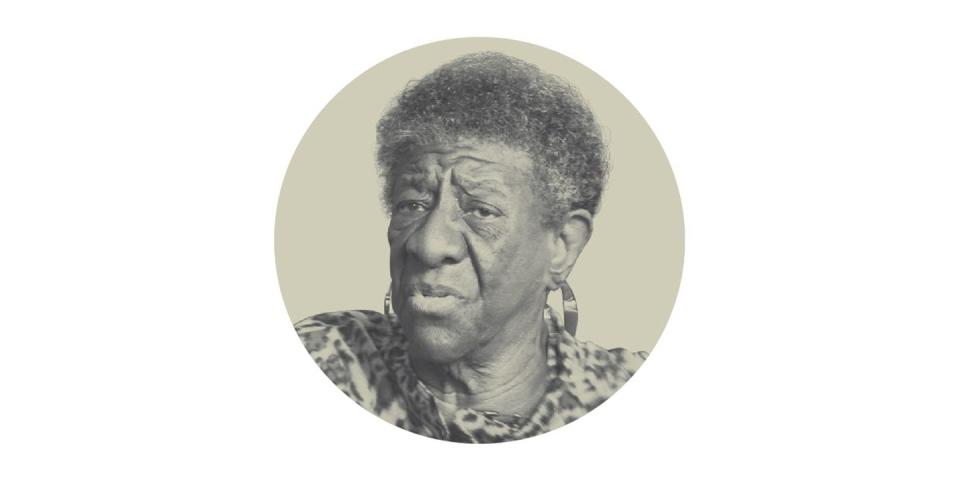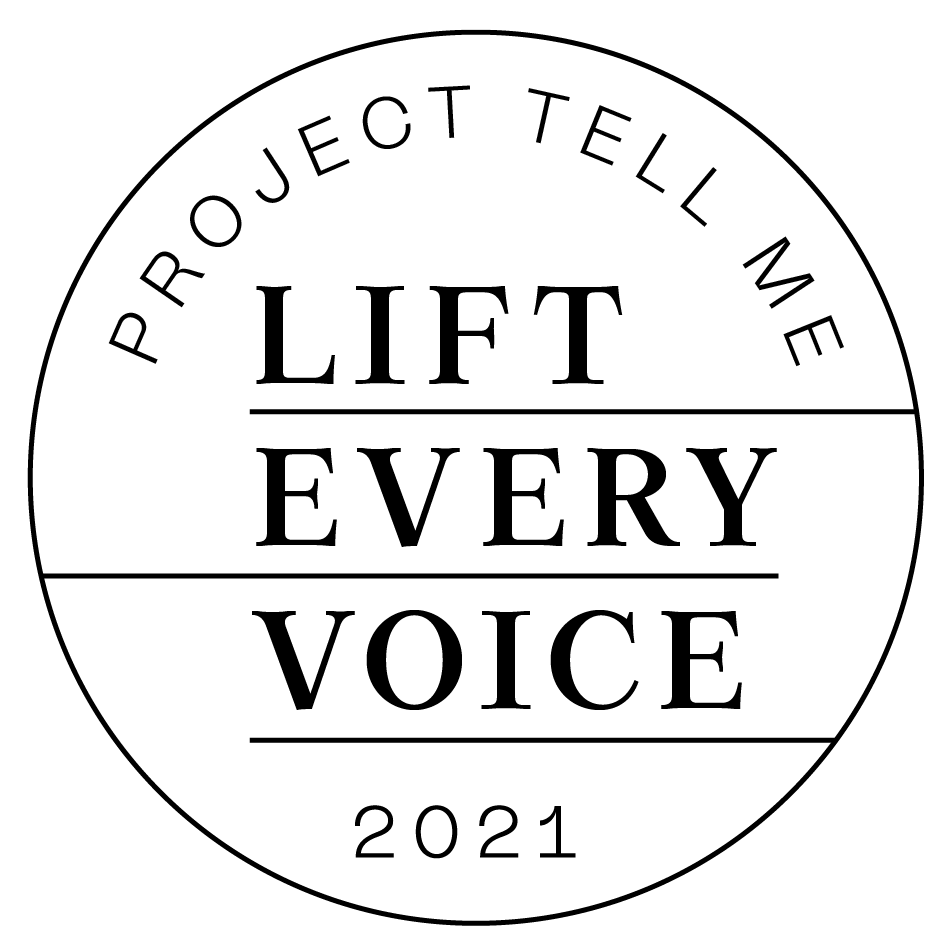How to Start a Movement: A Conversation with Civil Rights Leader Mattie Jones

Interview by Marvis Herring

This article was originally published with Hearst Television. Click here to see the video.
As she watched coverage of the January insurrection from her West Louisville, Kentucky, home, Mattie Jones was reminded of “Bloody Sunday” in 1965.
“They did not have to climb walls for us. Many of us was on the ground, and the men was on top of us to shield our bodies from being hurt,” Jones recalled. “I was there when they beat John Lewis to a bloody pulp, and when I saw them climbing the walls and taking over the Capitol, my thoughts then said, ‘Look what we have created here by allowing the institutionalized—or slick racism—to keep on existing.’”
She was born in Memphis, Tennessee, and said she doesn’t remember hearing the word “racism” in her early years.
“I tell everybody, racism is not born in a person. Racism is taught,” Jones said. “Believe it or not, I walked past maybe two or three white schools—all-white schools—never thought anything about that. I was joyous, overjoyed, to get to Madison Junior High and Central [High School]. Those were our schools. Our friends.”
Integration took effect and Jones chose to attend Indiana University, about 100 miles north of her family.
It was there that she’d receive her first lesson on racism.
She said an on-campus employer at Indiana University had approved and praised her application but denied her the job when he saw her in person.
The hiring manager reportedly told Jones he wanted to hire her, but some of the employees had already raised concerns regarding her skin color.
“I didn’t think anything about him looking strange, but I knew he’d got quite uneasy and then when he was able to, through his choked up voice, to say this to me...,” she stopped. “That’s when it really hit me. That’s when it created, not love, not being upset—but it really changed me into really being mad.”
Jones said her “little five-foot mama” told her to turn that anger into action.
“She said, ‘You know you cannot fight this problem all alone,’” Jones said. “‘This has been going on too long, longer than I am old, for you to try to attack and make some kind of change. You can’t.’ She said, ‘Why don’t you look around and become a part of something.’”
Jones took that advice, joining the Black Workers Coalition.
From there, her involvement in the fight for human rights took her to several states as she organized boycotts and joined in demonstrations.
When the controversial Breonna Taylor investigation surfaced in Louisville, Jones said it was “the same soup warmed over.”
“When I heard of the Breonna case, my mind said to me that we [the Black community] have not been on the job. We haven’t did what we were supposed to have done because in the ’60s we came through the human rights movement. We got satisfied with some crumbs.”
Jones turned 87 years old 15 days after Louisville Metro Police killed Taylor during a botched midnight raid that is still under FBI investigation.
It was her natural instinct to join protesters. The modern-day movement in the Derby City was met with mixed emotions for the award-winning civil rights leader.
“We didn’t have leadership [at the recent protests]. You see, in the ’60s we were trained. Before we got to the streets or anywhere, we went to a place in New Market, Tennessee, and Dr. Martin Luther King’s aides and men and women, they trained us how to be resistant to violence, and they explained to us and taught us what was going to happen. We didn’t go out there blind-sighted, thinking everything was going to be all right. See, none of this happened during the last protest that we had, but see I applaud those young folks for having the goodwill and the mind and the heart to step up and say enough is enough,” she said.
Turn Inspiration to Action
Consider donating to the National Association of Black Journalists. You can direct your dollars to scholarships and fellowships that support the educational and professional development of aspiring young journalists.
Support The National Caucus & Center on Black Aging. Dedicated to improving the quality of life of older African Americans, NCCBA's educational programs arm them with the tools they need to advocate for themselves.
This story was created as part of Lift Every Voice, in partnership with Lexus. Lift Every Voice records the wisdom and life experiences of the oldest generation of Black Americans by connecting them with a new generation of Black journalists. The oral history series is running across Hearst magazine, newspaper, and television websites around Juneteenth 2021. Go to oprahdaily.com/lifteveryvoice for the complete portfolio.

You Might Also Like

